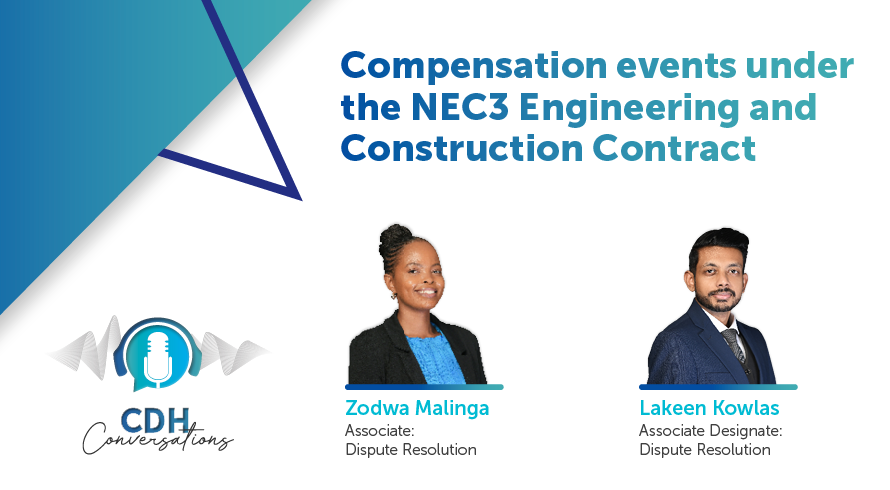But it’s my emails and stuff!
At a glance
- The Supreme Court of Appeal (SCA) ruled on the application of the mandament van spolie remedy to email addresses and network servers in the case of Blendrite (Pty) Ltd v Moonisami.
- To obtain a spoliation order, the applicant must prove peaceful and undisturbed possession of a movable or immovable object that was unlawfully dispossessed. The spoliation remedy extends to incorporeal property, but it is challenging to establish quasi-possession without a physical object.
- In this specific case, the SCA determined that the applicant's prior access to the network server and email address did not constitute quasi-possession of incorporeal property. The court considered it a disputed employment-related right rather than a protectable possession, setting aside the spoliation order granted by the High Court.
To succeed in obtaining a spoliation order, an applicant simply has to prove that there was peaceful and undisturbed possession of a movable or immovable object and that the dispossession thereof was unlawful. The spoliation remedy also applies to incorporeal property, recognising quasi-possession of an incorporeal thing, which consists of the exercise of control over an incorporeal coupled with the animus to exercise such control. An example of incorporeal property would be the exercise of a servitude to obtain water.
The difficulty with the courts establishing a basis on which quasi-possession is protected arises from the fact that there is no possession of a corporeal thing. In most cases where quasi-possession has been protected by a spoliation order, it pertains to rights to use property or an incident of possession or control of the property and is not applicable to disputed contractual rights.
In this present case, the applicant, Mr Moonisami, who was one of two directors of the second respondent, Blendrite, instituted an urgent spoliation application for an order directing the first respondent, a web hosting company Global Network Systems, to restore Mr Moonisami’s access to Blendrite’s network server and email address.
Mr Moonisami’s access to Blendrite’s network server and email address had been terminated after his relationship with the third respondent, Dr Palani, the other director of Blendrite, irretrievably broke down. The High Court was satisfied that peaceful and undisturbed quasi-possession had been established by Mr Moonisami and granted the spoliation order.
On appeal, the SCA considered whether the High Court erred in finding that Mr Moonisami’s access to Blendrite’s network server and email address amounted to quasi-possession of incorporeal property, which qualified for protection by a spoliation order.
The SCA found that Mr Moonisami prior use of Blendrite’s network server and email address was not an incident of possession of movable or immovable property, nor did Mr Moonisami possess any movable or immovable property in relation to his use of the network server and email address. Mr Moonisami’s prior use therefore did not amount to quasi-possession of incorporeal property.
The approach taken by the SCA was that that any entitlement to use of Blendrite’s network server and email address was a personal right arising from his disputed employment relationship with Blendrite and any spoliation order, in effect, would amount to an order of specific performance. In light thereof, Mr Moonisami’s prior access to Blendrite’s network server and email address was not protectable by a spoliation order and accordingly the SCA set aside the High Court’s order.
The information and material published on this website is provided for general purposes only and does not constitute legal advice. We make every effort to ensure that the content is updated regularly and to offer the most current and accurate information. Please consult one of our lawyers on any specific legal problem or matter. We accept no responsibility for any loss or damage, whether direct or consequential, which may arise from reliance on the information contained in these pages. Please refer to our full terms and conditions. Copyright © 2026 Cliffe Dekker Hofmeyr. All rights reserved. For permission to reproduce an article or publication, please contact us cliffedekkerhofmeyr@cdhlegal.com.
Subscribe
We support our clients’ strategic and operational needs by offering innovative, integrated and high quality thought leadership. To stay up to date on the latest legal developments that may potentially impact your business, subscribe to our alerts, seminar and webinar invitations.
Subscribe




